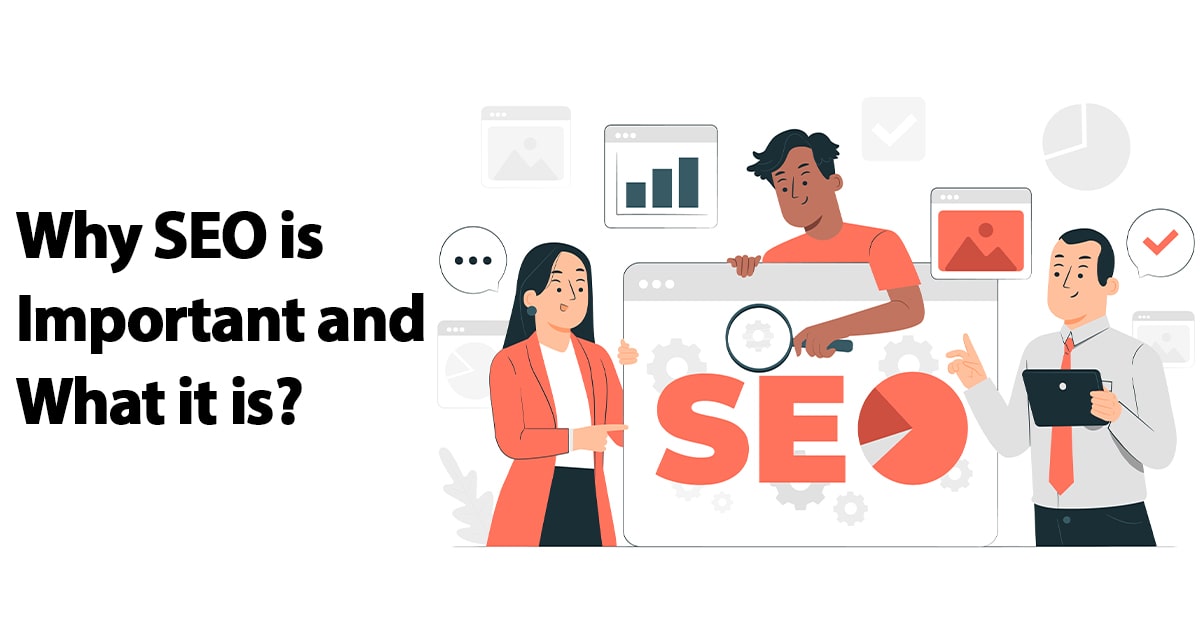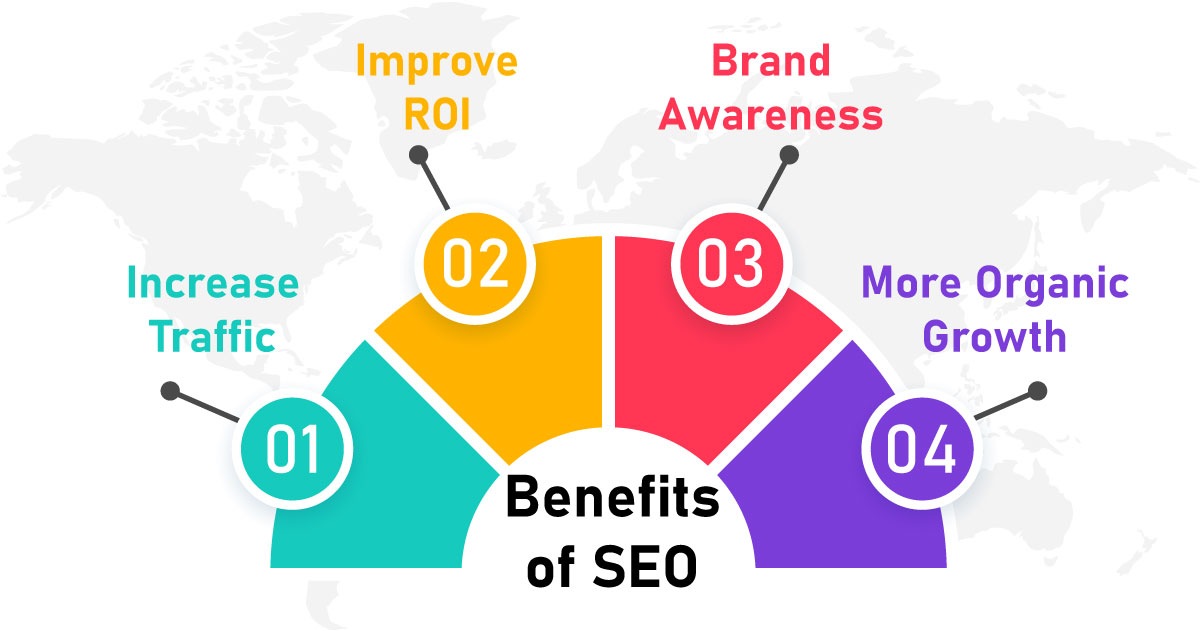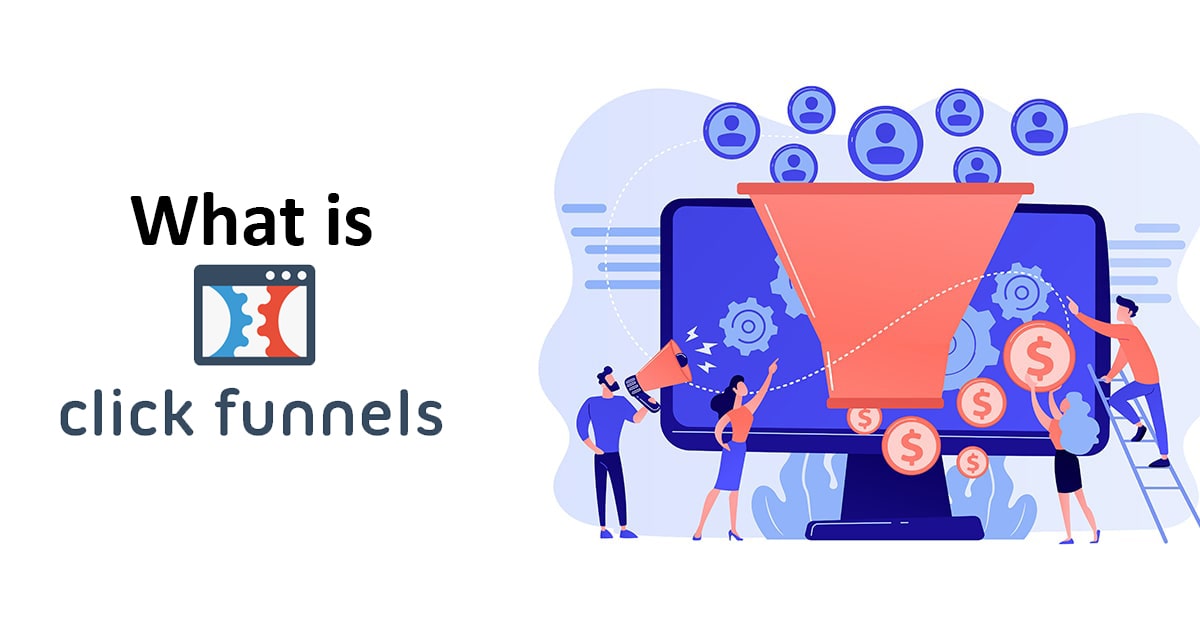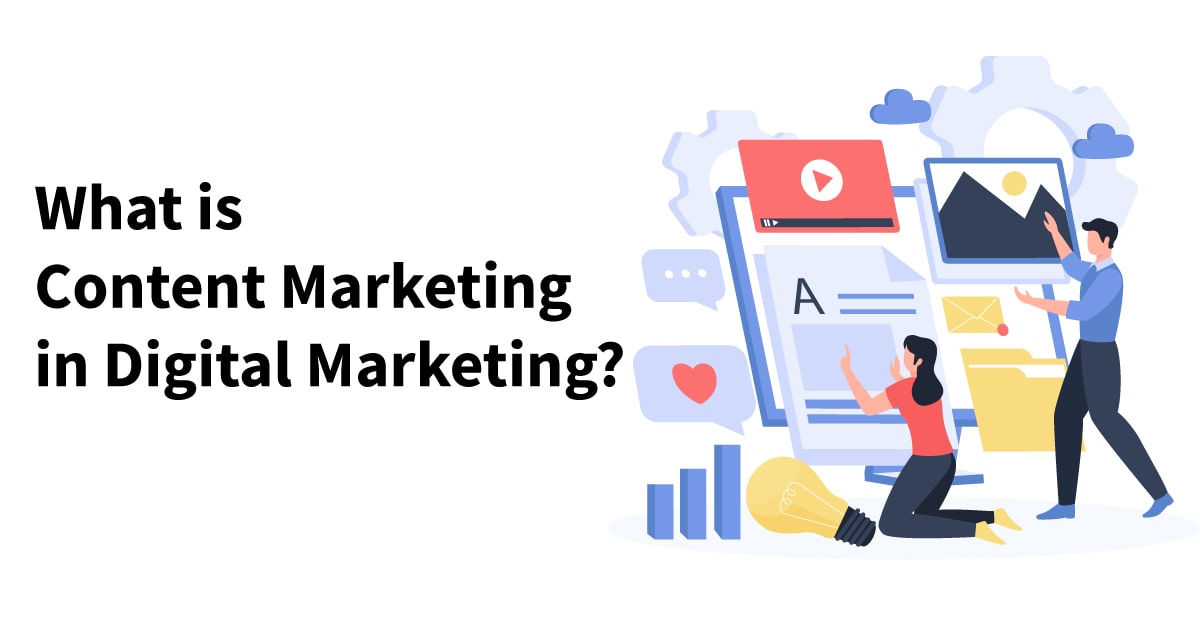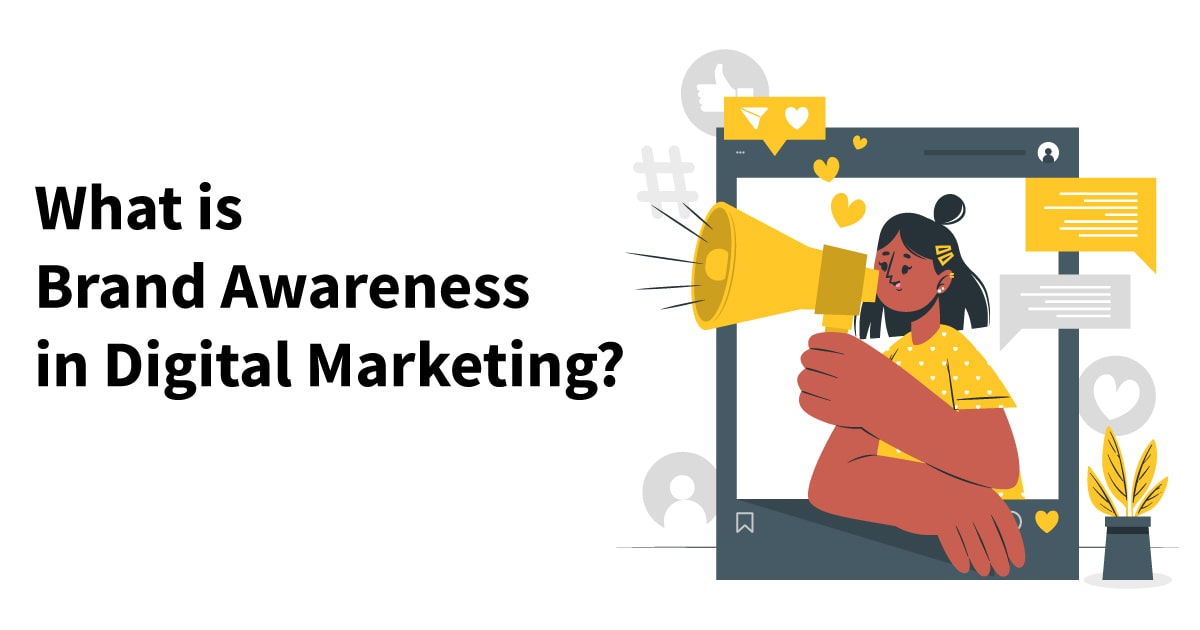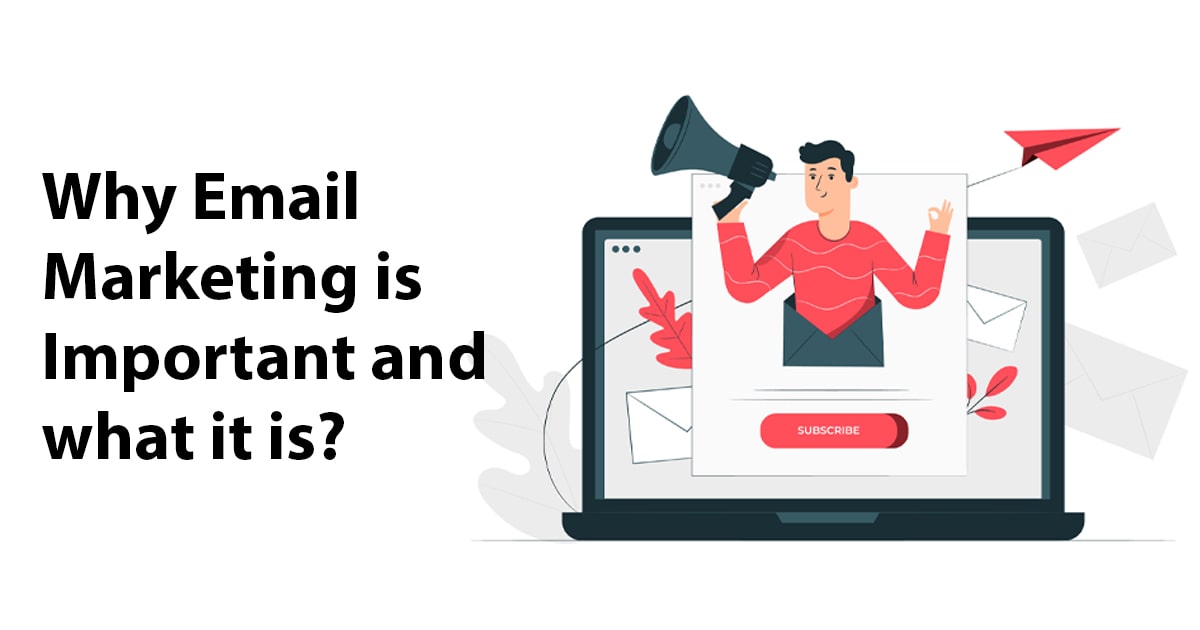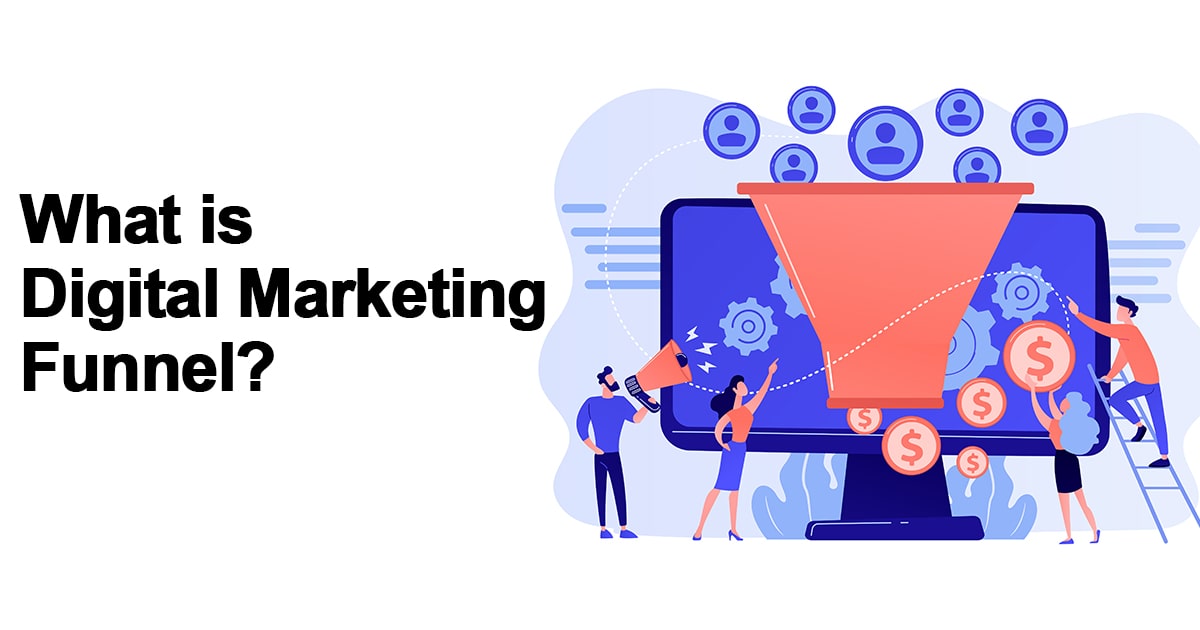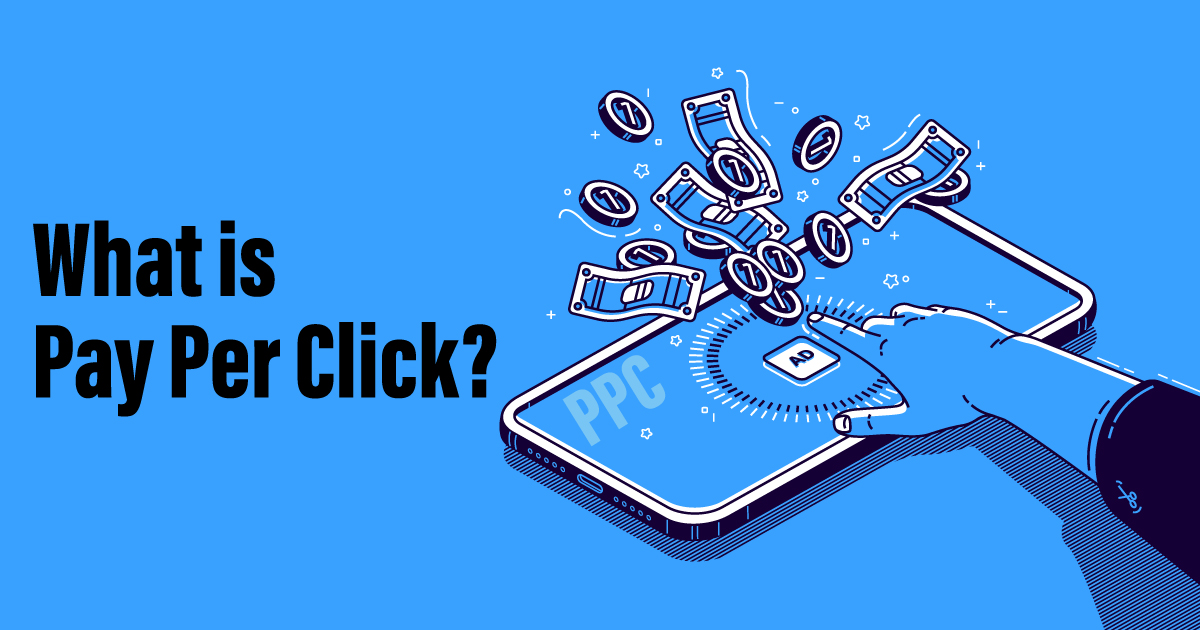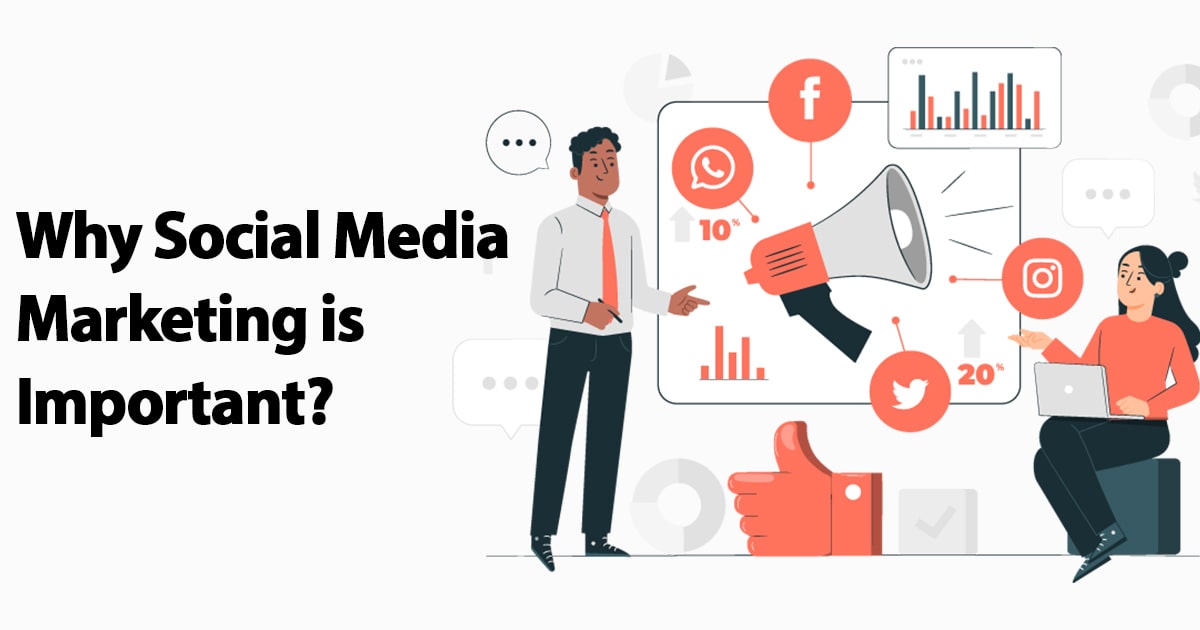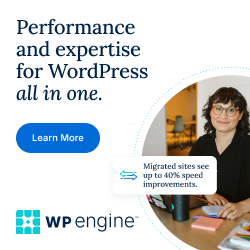Any business with an online presence needs to invest in SEO. Search Engine Optimization is the practice of improving the ranking of a website on search engine results pages.
This is done through optimizing the website’s content, structure, and on-page elements like titles and metatags. SEO should be a top priority for any business that wants to succeed online.
SEO is very important for all businesses who wants to do business and visible online. It's a way to make sure your website appears in search engine results when people are looking for products or services like yours.
SEO is an extremely powerful tool that should be a key part of any business’s online marketing strategy. If you are not utilising SEO, then you could be missing out on some crucial benefits for your business.
Without SEO, you could have the best website in the world but no one would ever find it.With SEO, you can increase your chances of being found by potential customers and bring more traffic to your site. If you're not using SEO, now is the time to start.
What is SEO?
Search Engine Optimization, or SEO, is the practice of improving the ranking of a website on search engines. The better the ranking, the more traffic comes to your website.
SEO is important because it can help a website attract more visitors. By improving the ranking of a website, SEO can help to increase its traffic and therefore its revenue. Additionally, SEO can help to build brand awareness and improve the reputation of a website.
Instead of using the paid ads, if you will focusing on organic search results, it would be the super profitable thing for your business. In Paid Ads you need to invest your money on marketing campaigns, but in SEO if your website is rank high on search engines like Google, then you get alot of enquiries for your business and will reach the new heights.
The Benefits of SEO
SEO is an effective way to improve your website’s visibility in search engines, which can lead to more traffic and higher conversion rates. When done correctly, SEO can also help build brand awareness and credibility, drive organic growth, and even improve your bottom line. Some of the benefits of SEO include:
- Increase Traffic: One of the main benefits of SEO is that it can help to increase traffic to your website. SEO can help you rank higher in search engine results pages (SERPs), which means more people will see your website and click through to it.
- Improve ROI: SEO can also help to improve your ROI, as it can help you attract more qualified leads, since people who find your site through SEO are generally looking for what you offer.
- Brand Awareness: SEO can also help to increase brand awareness, appearing in the top positions for relevant keywords will increase the visibility and trustworthiness of your website. This increased visibility can lead to more people becoming aware of your brand, and potentially becoming customers or clients.
- More Organic Growth: Unlike paid advertising, which relies on putting up ads to attract leads or customers, SEO helps you grow your business organically by improving your website’s ranking in SERPs.
Overall, SEO is a significant part of any effective digital marketing strategy, and it should be incorporated into your website from the very beginning.
The Different Types of SEO
SEO can be divided into two main parts: First is on-page SEO and Second is off-page SEO.
On-page SEO refers to all of the tactics that you can use on your own website to improve your ranking in Google search, such as adding keywords to your page titles and meta descriptions.
Off-page SEO, on the other hand, refers to all of the things you can do outside of your website to improve your ranking, such as link building and social media engagement.
Both on-page and off-page SEO are important part for higher rankings in Search Engines. However, they each have their own advantages.
On-page SEO is generally quicker and easier to implement than off-page SEO, but off-page SEO can have a more lasting impact on your ranking.
Is SEO Worth it
SEO is definitely worth it! Not only does it bring more traffic to your website, but it also improves your website's visibility and search engine ranking. And, as we all know, traffic is the new oil and it's equals to conversions.
How SEO works step-by-step
As the world of digital marketing continues to evolve, the importance of SEO can’t be understated. Whether you’re a small business or a large enterprise, if you want to compete online, SEO is essential.
But what exactly is SEO? And how does it work?
To understand how SEO works, it’s important to first understand how Google works. When someone performs a Google search, Google uses what’s called a “crawler” to scan billions of websites and index their content. The crawler then ranks these websites based on over 200 different factors, including things like site structure, content quality, and user experience. This ranking is known as the “SERP” (search engine results page).
There are 5 major Steps to do SEO, Let's start with first:
- SEO Basics: Before starting SEO, we need to do some basic things and some basic settings. Like we need to setup webmaster, google analytics, sitemap submit and create robots.txt file. So keep in mind that before starting SEO, we should set up these things so that we do not face any problem later.
- Keyword Research: Keyword research is the most important part of SEO. Choosing the right keywords is very important to get the website ranked. By identifying your competitors, and studying their website, you can know on which keywords your competitors' website are ranking.
- Technical SEO: Although all the steps of SEO are important, one of them is Technical SEO. This includes the website being mobile friendly, the website being secured with SSL certificate, the loading speed of the site being fast, the URL of the website pages being SEO friendly and apart from this, removing the technical flaws of the website.
- On Page SEO: On-page seo means optimizing website pages for SEO, understand it in such a way that doing SEO good practices on the website page itself so that your web page becomes seo friendly. This includes paying attention to page titles, H1 headings, meta description, keywords, alt tags and page content and using it well.
- Off Page SEO: Off-page SEO is a practice that we do not on our web pages but outside our website. This includes link building, creating a Google My Business profile, and digital PR etc.
How to Improve Your SEO
If you're not sure how to go about improving your site's SEO, don't worry - we've got you covered. Check out these five tips on how to improve your SEO:
- Use keyword-rich titles and descriptions: When writing your title tags and meta descriptions, make sure to include relevant keywords for your business. This will help potential customers find your site more easily when they search for those keywords.
- Optimize your website for mobile: More and more people are using their mobile devices to access the internet, so it's important that your website is optimized for mobile devices. Make sure your website is responsive and easy to navigate on a smaller screen.
- Include ALT text with images: When adding images to your website, always include ALT text that describes the image. This helps search engines understand what the image is about and index it properly.
- Use internal linking: Linking to other pages on your website helps search engines understand the structure of your site and can also help users find the information they're looking for more easily. Make sure to use keyword-rich anchor text when linking to other pages on your site.
FAQs Related to Why SEO Is Important
To ensure that your website is optimized for search engines, it is important to regularly audit your site. This process can help you identify any areas that need improvement so that you can make the necessary changes to boost your SEO. Here are some tips on how to audit your website for SEO:
- 1. Start by reviewing your site’s structure and hierarchy. Make sure that your pages are organized logically and that there is a clear hierarchy from the home page to the inner pages.
- 2. Pay attention to your title tags and meta descriptions. These elements should be well-written and accurately reflect the content of each page.
- 3: Review your website’s content to ensure that it is keyword-rich and informative. all of your pages should have unique and relevant content that target specific keywords.
- 4: Check for broken links or errors on your website. Any broken links should be fixed as soon as possible to avoid hurting your SEO efforts.
- 5: Take a look at how your website looks on different devices . It is important to make sure that your site is responsive and mobile-friendly .
By following these tips , you can audit your website regularly to ensure optimal SEO.


